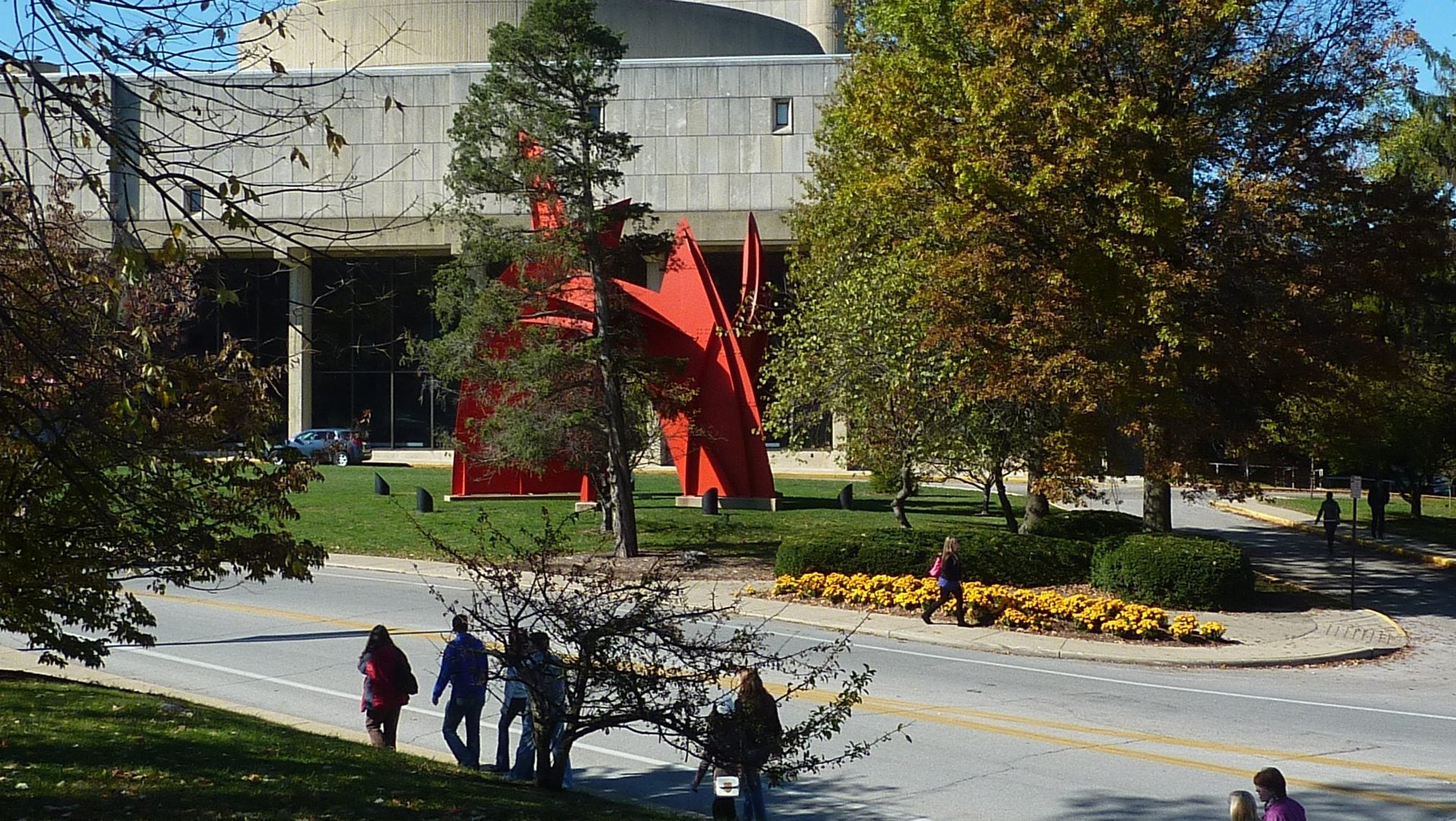A former fraternity member’s plea deal shows how hard it is to punish campus rape
Just weeks after the sexual assault conviction of former Stanford student and star athlete Brock Turner sparked outrage that reached as far as the US Congress, the conclusion of another rape case against a young white man is raising questions about the difficulties in punishing perpetrators of campus rape.


Just weeks after the sexual assault conviction of former Stanford student and star athlete Brock Turner sparked outrage that reached as far as the US Congress, the conclusion of another rape case against a young white man is raising questions about the difficulties in punishing perpetrators of campus rape.
Rape is generally hard to prove. But as this case shows, incidents that occur on college campuses add an extra layer of complexity that tends to disadvantage the accuser.
John Enochs, a 22-year-old former student of Indiana University and member of the Delta Tau Delta fraternity, allegedly raped a woman during a party at his frat in 2015. During their investigation, authorities found another assault accusation against Enochs from 2013. The woman, who decided at the time not to pursue criminal charges, agreed to participate in the case.
Last week, just 14 days before his trial was set to begin, Enochs took a plea deal in which prosecutors dropped his rape charges, and pleaded guilty to a battery charge, which was reduced to a misdemeanor by a court. He received one year of probation, after serving a total of one day in jail. On Tuesday (June 28) the alleged victim sued Indiana University in federal court, claiming the school knew about the previous accusation against Enochs, and failed to act.
Many are drawing comparisons between Enochs’ case and Turner’s—both young, white, privileged young men. Enochs’ case, however, strikes specifically at the difficulty of proving sexual assault on campus.
Turner was caught in the act, whereas in Enochs’ case, prosecutors said the evidence was hazier. The alleged victim of the 2015 attack, who was intoxicated, could not see or remember who assaulted her, but a security camera showed her entering a room with a man whom she later identified as Enochs. She suffered a genital laceration, and a DNA test proved the two had sex.
Following public outcry over the sentence, prosecutors, who admitted frustration with Enochs’ light punishment, said Monday (June 27) that the evidence was “problematic and made it impossible for us to prove that the defendant was the cause of [the victim’s] injury.”
What’s more, according to Indiana law, a jury in the 2015 case would not be informed about the 2013 accusation against Enochs. In the 2013 case as well prosecutors said the evidence was not compelling enough to pursue a conviction. Because the alleged victim consumed alcohol, she also could not remember whether it was Enochs who had sex with her, which is what her friends told her later.
Prosecutors are reluctant to take on sexual assault cases, which are often hard to prove in a courtroom, putting the victim’s word against the assailant’s. Few rapes get reported at all, fewer get prosecuted, and even fewer result in convictions. At Indiana University alone, according to the campus newspaper, of 712 sexual assault cases reported to authorities, only 8% resulted in criminal charges.
The alleged victims’ consumption of alcohol further complicated the case against Enochs, as it often does in campus rape incidents—although in most states the law says that being intoxicated means being unable to give consent to sex. Prosecutors, including in this case, worry that juries won’t believe a victim who had been drinking. In these cases, they say, the perpetrators appear less culpable, and victims carry more blame.